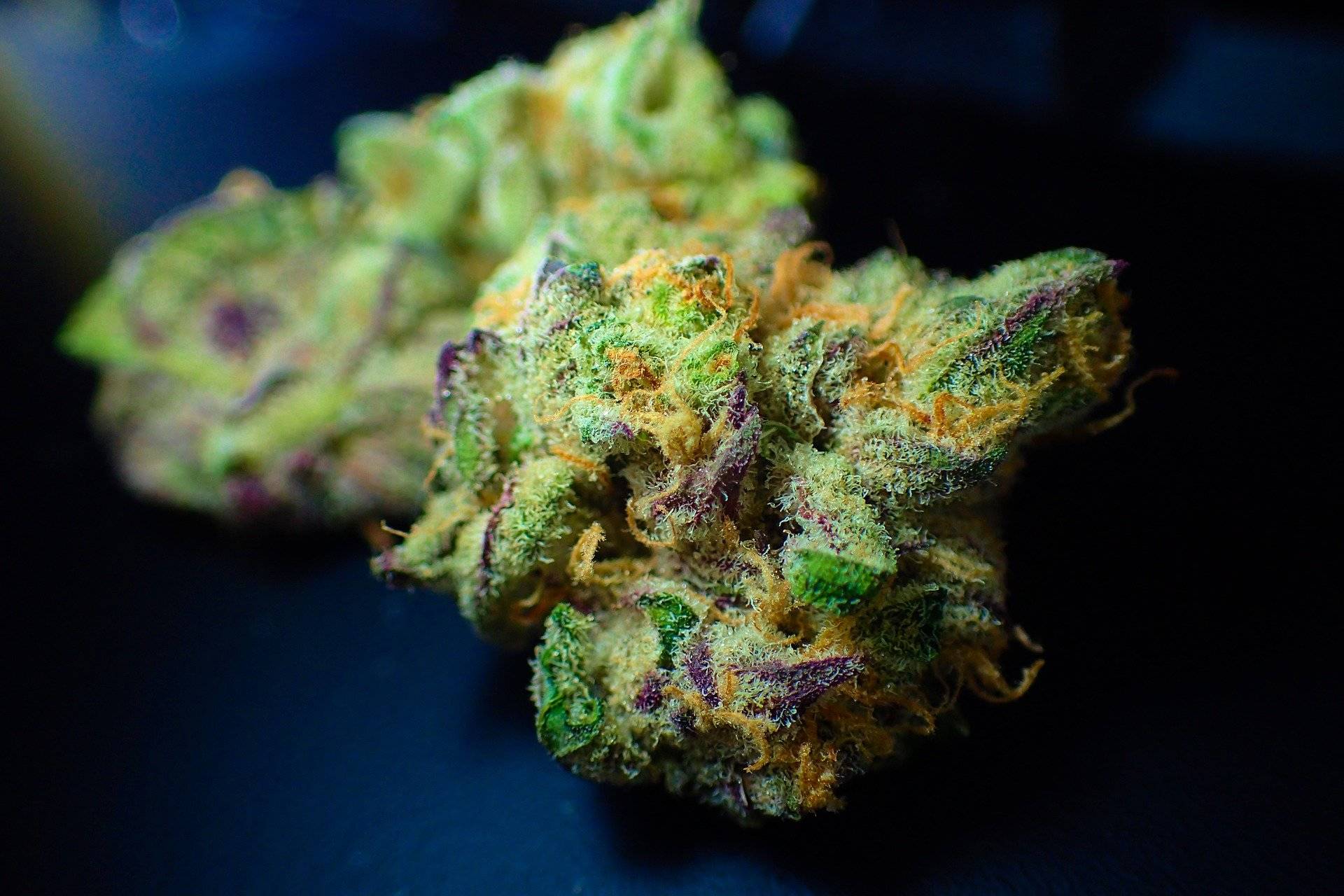By Ryan Hook
Cannabis has spent the majority of its time in popular culture distancing itself from its myopic views.
Now that cannabis is bud-bustling in business, therapy and personal consumption, it’s about time we break down the benefits and risks.
This article deconstructs some of the most common myths.
Cannabis is harmless: FALSE
Cannabis has plenty of health benefits; but, saying it’s harmless is a stretch.
Like anything, marijuana can be enjoyed and also abused. Clinically, cannabis is harmless, because it’s used alongside professionals.
Recreationally, you’re under your own control, therefore, those just beginning to enjoy cannabis are easily susceptible to miss-dosing. It’s true that cannabis can induce psychosis in some who don’t understand them or their family’s mental health.
Know what you’re getting into, and start small.
Cannabis is addictive: FALSE
Cannabis itself has no addictive qualities like its alcohol and nicotine counterparts, studies have proven. There is no physical dependency.
Cannabis helps with cancer: TRUE
Medical marijuana helps with nausea from chemotherapy, as well as promotes appetite and helps with pain. While THC – the psychoactive component in cannabis – and CBD, or cannabidiol, slow growth and/or cause death in certain types of cancer cells, it has not been proven effective in humans.
Cannabis affects memory: TRUE
Cannabis impacts the hippocampus, the part of the brain responsible for memory formation, located in the temporal lobe. While cannabis affects it in the short term, it can actually cause change long-term. Luckily, the hippocampus is like a muscle, you need to work it out. With memory exercises and diet, your hippocampus can get back up to speed.
Cannabis is a “gateway drug”: FALSE
There is no substantial proof that cannabis is a gateway drug. Kandel and Faust published original work in the 1970’s that described a sequence in substance use initiation in a longitudinal study of secondary school students in New York State, progressing from alcohol use to tobacco use, followed by cannabis and subsequently other substance use.
Authors initially cautioned that this finding should not be considered causal, but later suggested that some substances are a “gateway” to others. This became known as the “gateway hypothesis.”
The gateway hypothesis overall has not been proven, and specifically, there is no conclusive evidence that cannabis use causally leads to the use of other substances, according to the public health office in Ontario.
You can drive while high on cannabis: FALSE
Like any drug or alcohol, cannabis is not exempt from affecting your response time – which makes driving on cannabis a bad idea. You don’t become a better driver, you’re not safer and shouldn’t convince yourself otherwise.
It is also illegal under driving laws in Canada, and can result in fines or further charges.

